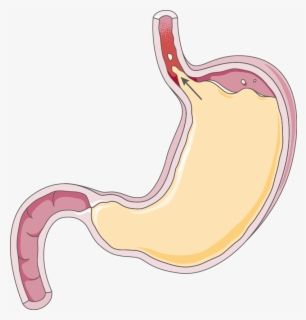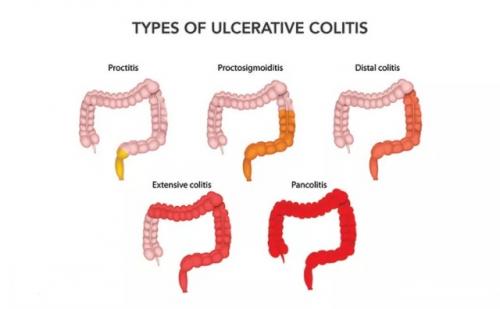Everything to Know About GERD
GERD or gastroesophageal reflux disease is a lasting condition in which acid from the stomach flows up into the oesophagus. Most individuals often feel gastroesophageal reflux (GER). However, when a person e![]() xperiences constant acid reflux that happens more than twice or thrice a week, they may be diagnosed with GERD. GERD is a regular and long-term occurrence of GER. In most cases, people can ease their symptoms or manage this condition by making some changes in their diet and lifestyle. But some people may need to consult a gastroenterologist. Those who are looking for the best Gastroenterologist at Gangaram Hospital.
xperiences constant acid reflux that happens more than twice or thrice a week, they may be diagnosed with GERD. GERD is a regular and long-term occurrence of GER. In most cases, people can ease their symptoms or manage this condition by making some changes in their diet and lifestyle. But some people may need to consult a gastroenterologist. Those who are looking for the best Gastroenterologist at Gangaram Hospital.

GERD Symptoms
The most common symptom of GERD is heartburn. It generally feels like mild or strong chest pain, starting behind the breastbone and moving up to the neck and throat. However, there may be some other symptoms, such as:
- Trouble breathing
- Nausea and vomiting
- Bad breath
- A hard time swallowing
- The decay of tooth enamel
- Difficulty or pain when swallowing
- A lump in the throat
- Sleep problems
- A lingering cough
GERD Causes
Occasional acid reflux is very common, happening as an outcome of overeating, eating particular foods, or lying down after having food. However, regular acid reflux, detected as GERD may have some other causes. GERD happens more commonly in people who are:
- Obese or overweight due to increased pressure on the abdomen
- Pregnant women, due to extra pressure on the stomach
- Heavy smokers, and those exposed to second-hand smoke
- Having certain medications that include antihistamines, antidepressants, calcium channel blockers, and more
Risk Factors for GERD
There are many risk factors that can make it more likely that a person has GERD: These include:
- Late emptying of the stomach (gastroparesis)
- Large meals
- Diseases of connective tissue such as lupus, scleroderma, or rheumatoid arthritis
- Some specific foods and drinks, including fried or fatty foods, chocolate, coffee, and alcohol
- Eating too soon before bed
Complications
If left untreated, GERD can worsen and turn into some other conditions, such as:
Barrett’s esophagus – The normal tissue lining the oesophagus changes to tissue that looks like the lining of the intestine.
Esophagitis - An inflammation of the oesophagus
Esophageal stricture – The oesophagus becomes narrow, causing difficulty in swallowing
Respiratory problems – Often, GERD can make people breathe stomach acid into the lungs, causing several issues like asthma, pneumonia, hoarseness, chest congestion, and laryngitis.
GERD Diagnosis
In case the doctor suspects a person has GERD, he will conduct a physical exam and ask about any symptoms they have been feeling. Also, they may order some tests for a better diagnosis. These tests are:
- Endoscopy
- Upper GI series
- pH testing
- Esophageal manometry and impedance study
Prevention of GERD
Certain home remedies and lifestyle changes can help decrease the frequency of episodes of GERD:
- Maintain a healthy weight
- Avoid lying down after eating
- Have small meals throughout the day
- Quit smoking
- Eat foods slowly
- Have food at least three hours before bedtime
- Avoid foods and drinks that trigger GERD
GERD can restrict one’s daily activities and often lead to severe conditions. Knowing about the causes and symptoms and getting proper treatment from a gastroenterologist can make people feel better. Those who are looking for the best gastroenterologist in Delhi can visit Gangaram Hospital. Medications, along with some lifestyle changes, can help people lead a better quality of life.



Comments